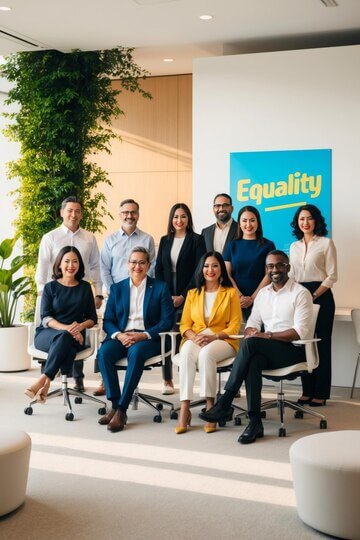Workplace Diversity
- In today’s competitive business environment to stay ahead, organizations must prioritize employees:
- EngagementRetention
- Development
- Four key strategies can help achieve this:
- Employee Resource Groups (ERGs)
- Mentorship Programs
- Leadership Development
- Diversity & Inclusion (D&I) initiatives
- In this blog post, associated with these initiatives we’ll explore the:
- Benefits
- Best practices
- Potential challenges
Employee Resource Groups (ERGs)
- ERGs are voluntary, employee-led groups.
- It fosters a sense of community and belonging within the organization.
- They provide a platform for employees to:
- Connect over shared interests
- Backgrounds, or experiences
- It can lead to increased employee engagement and satisfaction.
Benefits of ERGs include
Reduced recruitment costs
- By creating a welcoming environment, ERGs can:
- Attract diverse talent
- Reduce the recruitment cost
Time savings
- ERGs can streamline the onboarding process by providing new employees with a built-in support network.
Reliable reference checks
- ERG members often vouch for each other.
- Leading to more reliable recommendations and references.
Increased employee engagement
- A strong sense of community within ERGs leads to higher levels of engagement
- It can boost productivity and morale in return.
Best Practices
- Encourage executive sponsorship to ensure ERGs have the necessary resources and visibility.
- Regularly assess the impact of ERGs on the broader organization to ensure alignment with company goals.
Potential Challenges
- Ensuring that ERGs remain inclusive and do not become exclusive cliques.
- Balancing the autonomy of ERGs with the overall company culture and objectives.
Workplace Diversity: Leadership Development

- Leadership exists at every level of an organization.
- Identifying and nurturing leadership skills in employees is crucial for long-term success.
- Effective leadership development programs can help employees:
- Grow into their roles
- Prepare them for future challenges
Key Strategies for Leadership Development
Training and Development Programs
- Offer structured training sessions to build leadership competencies.
Mentorship and Coaching
- Pair employees with experienced leaders who can provide guidance and support.
Cross-Functional Projects and Teams
- Encourage collaboration across departments to broaden employees’ perspectives and skills.
Leadership Competency Frameworks
- Develop frameworks that outline the key competencies required for leadership roles within the organization.
Succession Planning
- Identify potential leaders early and create pathways for their development and advancement.
Best Practices
- Customize leadership development programs to meet the specific needs of your organization.
- Provide ongoing support and feedback to help employees continuously improve their leadership skills.
Potential Challenges
- Ensuring leadership development programs are accessible to all employees, not just a select few.
- Keeping the programs relevant in a rapidly changing business environment.
Workplace Diversity: Mentorship Programs
- Mentorship programs are a powerful tool for employee development, pairing experienced employees with new hires or junior staff to provide:
- Guidance
- Support
- Knowledge sharing
Benefits of Mentorship Programs
Cultural Ambassadorship
- Mentors can help new employees acclimate to the company culture.
- Ensuring a smoother transition.
Knowledge Sharing
- Mentors can pass on valuable insights and experiences.
- Helping mentees grow professionally.
Employee Development
- Mentorship programs support personal and professional development.
- Fostering a culture of continuous learning.
Inclusion
- By connecting employees across different levels and departments, mentorship programs can enhance:
- Diversity
- Inclusion efforts
Leadership Pipeline Development
- Mentorship programs help identify and nurture future leaders.
- Ensuring a strong leadership pipeline.
Best Practices
- Establish clear objectives and expectations for both mentors and mentees.
- Regularly review and refine the mentorship program to:
- Ensure it meets the evolving needs of the organization.
Potential Challenges
- Finding the right mentor-mentee matches to ensure compatibility and success.
- Providing sufficient training and support for mentors to be effective in their roles.
Diversity & Inclusion (D&I)
- D&I initiatives are essential for creating a supportive and inclusive workplace environment.
- By embracing diversity, organizations can:
- Drive innovation
- Improve decision-making
- Enhance their reputation
Benefits of D&I Initiatives
Increased Innovation
- Diverse teams bring different perspectives and ideas, leading to more innovative solutions.
Better Decision-Making
- Inclusive environments encourage diverse viewpoints, resulting in more well-rounded decisions.
Improved Employee Engagement
- Employees are more likely to feel valued and engaged when they see their unique contributions recognized.
Enhanced Reputation
- Companies that prioritize D&I are often viewed more favorably by customers, investors, and potential employees.
Best Practices
- Ensure D&I initiatives are embedded into the company’s culture, not just treated as a checkbox exercise.
- Provide ongoing education and training to foster an inclusive environment.
Potential Challenges
- Overcoming resistance to change within the organization.
- Measuring the impact of D&I initiatives on overall business performance.
Conclusion
- Organizations can create a positive, productive work environment that drives business success and employee growth by implementing:
- ERGs
- Mentorship Programs
- Leadership Development
- D&I initiatives
- However, it’s crucial to continually evaluate and improve these initiatives to:
- Address potential challenges.
- Ensure they remain effective in achieving their goals.







